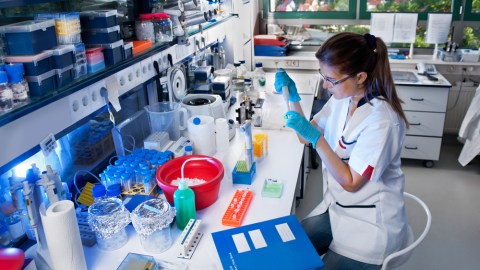The Reinvention of Pharma

No Industry is perfect and neither is the pharmaceutical industry. And no individual company is perfect. There have been examples of hyper-marketing in our industry. There are fewer and fewer of those as we go in to the future for two major reasons. Number one, the industry is becoming very sophisticated about the importance of making sure that their medicine, their new medicines, when they come out, they come out in stages. So that the side effect profile of the drug could be better understood before it’s made available to a very large number of people. So you don’t get bad surprises later on.
Secondly, the regulatory and the science environment has gotten a lot better. The FDA is now very, very good at finding early signals and immediately informing patients about these signals in new medicines. And the ability to detect signals has also gone up dramatically in the last two decades. So you will see fewer examples of hyper-marketing as we go forward. The other question is the industry not being able to innovate fast enough. This is a good criticism.
And the industry should be reinventing about 70 percent of its portfolio every ten years with new medicines because products go off patent and you need to bring in new products. And more recently that ratio has gone down below 70 percent. But now the industry is coming in with new innovation tools that allow you to come in with a very specific, very potent, and very cost-effective medicines for narrower groups of people through genomics. And with these new innovation tools, we hope that the industry can now start a new wave of reinvention and have new products go on for the next 20 or 30 years.
In Their Own Words is recorded in Big Think’s studio.
Image courtesy of Shutterstock





